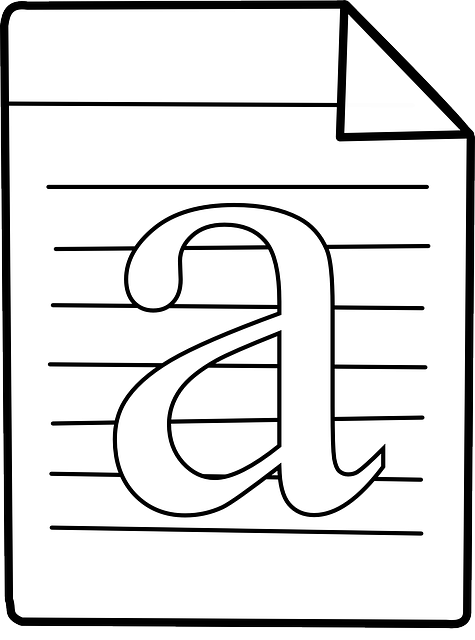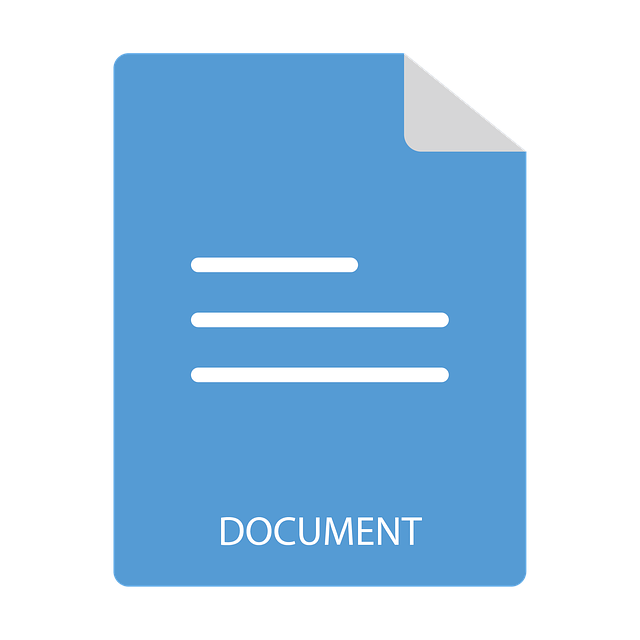In a globalized world, UK Intellectual Property Documents translation services are essential for protecting and managing intellectual property rights internationally. These specialized services ensure accurate and legally sound translations of patents, trademarks, and copyrights, catering to the unique demands of UK IP law. By combining linguistic expertise with deep knowledge of legal terminology, professional translators safeguard against misinterpretations that could lead to costly legal issues. Quality control measures ensure consistency and precision, as exemplified by successful global expansion cases for tech startups and pharmaceutical companies.
In today’s globalized landscape, accurate translations of UK Intellectual Property (IP) documents are crucial for international protection and success. Effective communication across borders ensures inventors and businesses can safeguard their innovative ideas and creations worldwide. This article explores the significance of precise translations in IP law, delving into specialized terminology challenges and benefits of professional translation services. We also present best practices to ensure quality and consistent representations, supported by real-world case studies demonstrating successful international IP protection through meticulous translations.
- Understanding the Importance of Accurate Translations in Intellectual Property Law
- Navigating UK Intellectual Property Documents: An Overview
- The Challenges of Translating Specialized Legal Terminology
- Benefits of Engaging Professional Translation Services for IP Filings
- Ensuring Quality and Consistency: Best Practices for Translation
- Case Studies: Successful International IP Protection Through Accurate Translations
Understanding the Importance of Accurate Translations in Intellectual Property Law

In the realm of international intellectual property (IP) law, accurate translations play a pivotal role in ensuring legal protection and ownership rights across borders. When submitting IP documents for registration or enforcement in different countries, relying on professional translation services is paramount. Mistranslations can lead to misunderstandings, invalidation of protections, and even legal disputes, making it essential to seek specialized assistance.
UK Intellectual Property Documents translation services are in high demand due to the country’s robust intellectual property framework and its significant role in global trade. These services ensure that every detail, from patent descriptions to trademark applications, is conveyed accurately in the target language(s). This not only streamlines the legal process but also strengthens the validity of IP protections internationally.
Navigating UK Intellectual Property Documents: An Overview

Navigating UK Intellectual Property documents requires a deep understanding of both legal terminology and unique cultural nuances. This is where professional translation services become indispensable, especially for non-native English speakers looking to protect their intellectual property (IP) in the UK market. Accurate translations are crucial to ensure that patent applications, trade mark registrations, and copyright notices convey the intended meaning and comply with local regulations.
UK Intellectual Property Document translation services should go beyond word-for-word rendering. They must capture the technical precision of legal documents while reflecting the nuances of British English usage. Experienced translators in this field possess not only linguistic expertise but also a keen eye for detail, ensuring that every term is accurately translated and properly contextualized for UK audiences.
The Challenges of Translating Specialized Legal Terminology

Translating legal documents, particularly for international intellectual property (IP) filings, presents unique challenges due to the specialized terminology and intricate nature of such documentation. UK Intellectual Property Documents translation services must be adept at navigating complex legal concepts and accurately conveying them in another language. The precision required is paramount as even a minor misinterpretation could have significant legal implications.
Specialized terms often lack direct equivalents across languages, necessitating careful selection of the most fitting words to maintain the intended meaning. For instance, terms related to patent law or trademark regulations may vary significantly from one jurisdiction to another. Therefore, professional translators must possess a deep understanding of both the source and target languages and be well-versed in the specific legal field to ensure accurate and reliable translations.
Benefits of Engaging Professional Translation Services for IP Filings

Professional translation services play a vital role in ensuring precise and reliable translations for international intellectual property (IP) filings, especially in the UK. With the global nature of IP protection, accurate documentation is essential to safeguard your innovations and ideas across borders. Engaging expert translators specialized in UK Intellectual Property Documents can offer numerous advantages, including enhanced credibility and legal precision.
These services provide an assured level of quality, ensuring that technical terms and legal jargon are handled with expertise. Professional translators stay up-to-date with the latest changes in IP laws and terminology, offering a reliable solution to navigate the complex landscape of international intellectual property protections. By entrusting your translations to experienced providers, you can avoid costly mistakes, ensure compliance, and maximize the success of your global IP strategy.
Ensuring Quality and Consistency: Best Practices for Translation

Ensuring quality and consistency in translations is paramount, especially for UK Intellectual Property (IP) documents. Accurate translations must convey the precise legal nuances and technical terms contained within IP filings. This requires a deep understanding of both the source and target languages, as well as familiarity with the specific domain of intellectual property law.
Best practices for UK IP document translation services involve rigorous quality control measures. These include using only highly qualified, native-level translators with expertise in legal and technical fields. Translation memory tools and terminological databases should be employed to maintain consistency in terminology usage across documents. Additionally, thorough proofreading and editing processes ensure that the final translation is flawless, error-free, and adheres strictly to the original intent of the IP filing.
Case Studies: Successful International IP Protection Through Accurate Translations

Successful international IP protection hinges on precise and reliable translations of crucial UK intellectual property documents. Case studies highlight the impact of accurate translations in securing robust global protection for innovations. For instance, a tech startup based in the UK successfully navigated patent applications in multiple jurisdictions thanks to professional translation services that maintained the technical integrity of their documentation.
This enabled them to protect their groundbreaking software algorithms and data structures across Europe and Asia, fostering international expansion. Similarly, a pharmaceutical company avoided potential legal pitfalls and regulatory rejections by ensuring meticulous translations of clinical trial reports and product information sheets. This case demonstrates how UK Intellectual Property Documents translation services play a pivotal role in facilitating global IP strategies and ensuring the success of international intellectual property filings.
Accurate translations are indispensable for navigating the complexities of international intellectual property law. As demonstrated through case studies, engaging professional translation services for UK Intellectual Property Documents significantly enhances protection and success. By adhering to best practices that prioritize quality and consistency, individuals and organizations can overcome challenges posed by specialized legal terminology, ensuring their innovations are safeguarded globally. Trusted translations are the key to unlocking international intellectual property protections, fostering innovation, and reaping the rewards worldwide.



